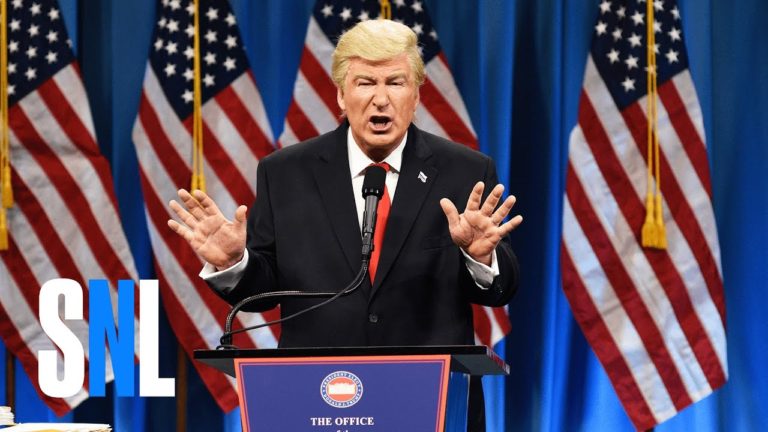
During his 2016 presidential election campaign, Donald Trump referred to China as an “economic enemy” and stated that the Chinese “have taken advantage of us like nobody in history” because, according to him, they have taken American jobs from the United States. Trump continually spoke negatively about China by painting them as liars, cheaters, and stealers in all international dealings.
It wasn’t until July 6th, however, when President Trump was able to complete his first attack on the Chinese economy: a 25 percent tariff on $34 billion of imported Chinese goods. Of course, a country as large and as economically strong as China was not going to take the tariff without retaliating so they quickly imposed an equally large tariff of 25 percent on $34 billion worth of U.S. imports, targeting mostly agricultural products. Since early July, tariffs have been continually imposed on imports from both countries, with the U.S. currently imposing a 10 percent tariff on $250 billion worth of imported Chinese goods and China imposing a 5-10 percent tariff on $110 billion worth of U.S. imports.
But, what does this trade war mean for the U.S. economy? A political tension such as a trade war and one of this magnitude will affect a lot of people. As mentioned before, one of the largest sectors that these tariffs are affecting is agriculture. According to the Washington Post, more than a third of U.S. orange juice and apple exports are being affected by the trade war. When these products have tariffs attached to them, they become more expensive for everyone because in order for companies to pay for them, they increase product prices. It can be more difficult for consumers to participate in the economy because simple products, like orange juice, will no longer be considered a household need because of the costly price. Within the next few months, I hope to see a trade reform between China and the U.S. to ensure that Americans and Chinese citizens alike can benefit from free trade and reasonable pricing.
-Regina Rivera



